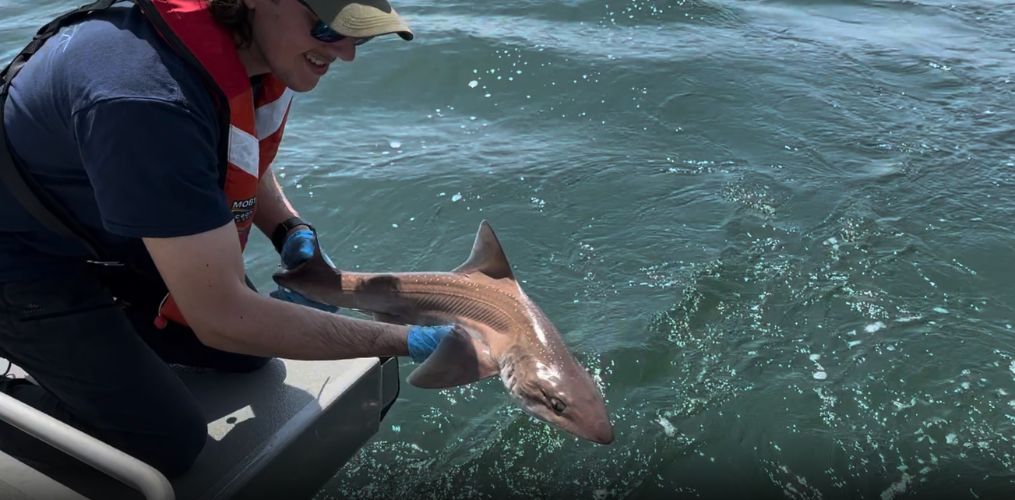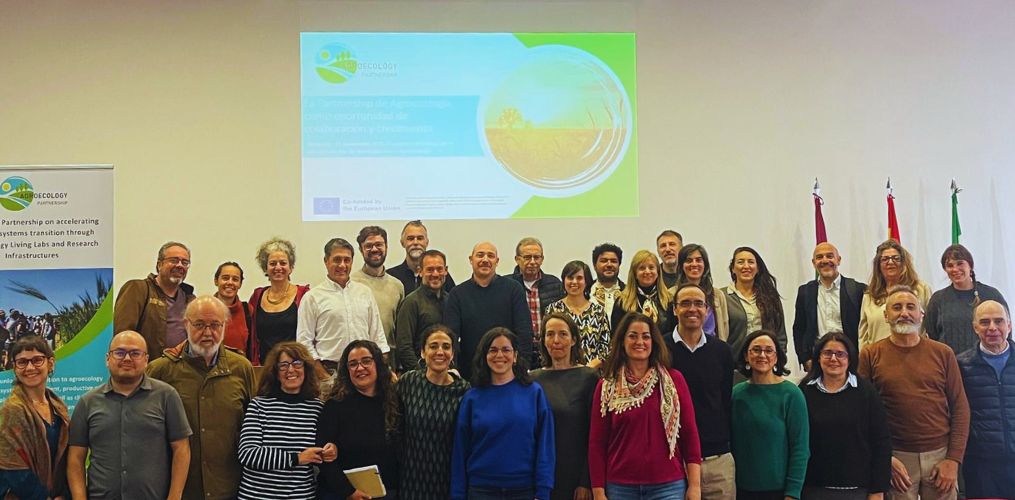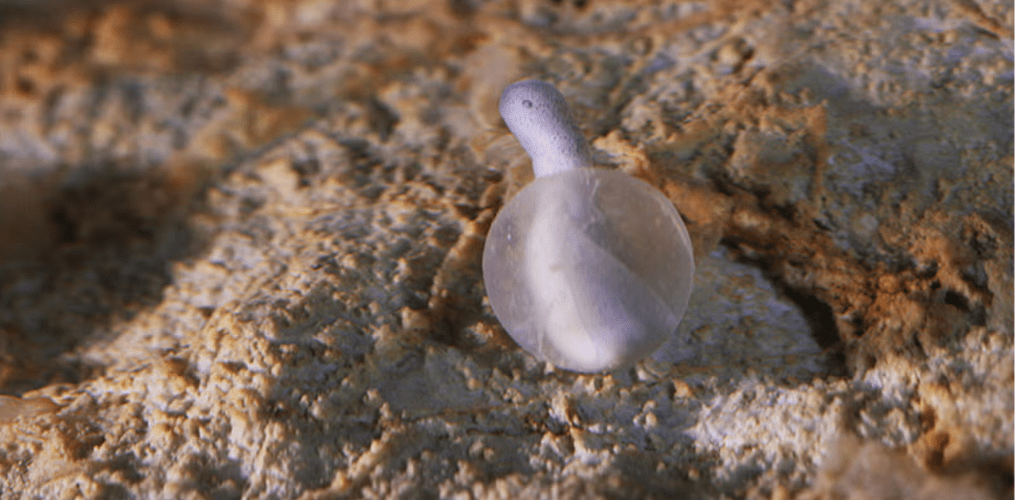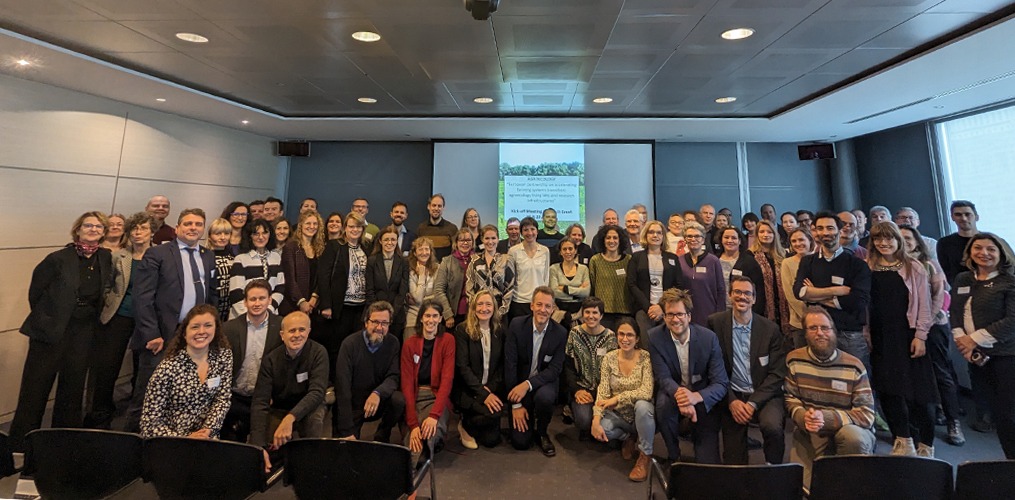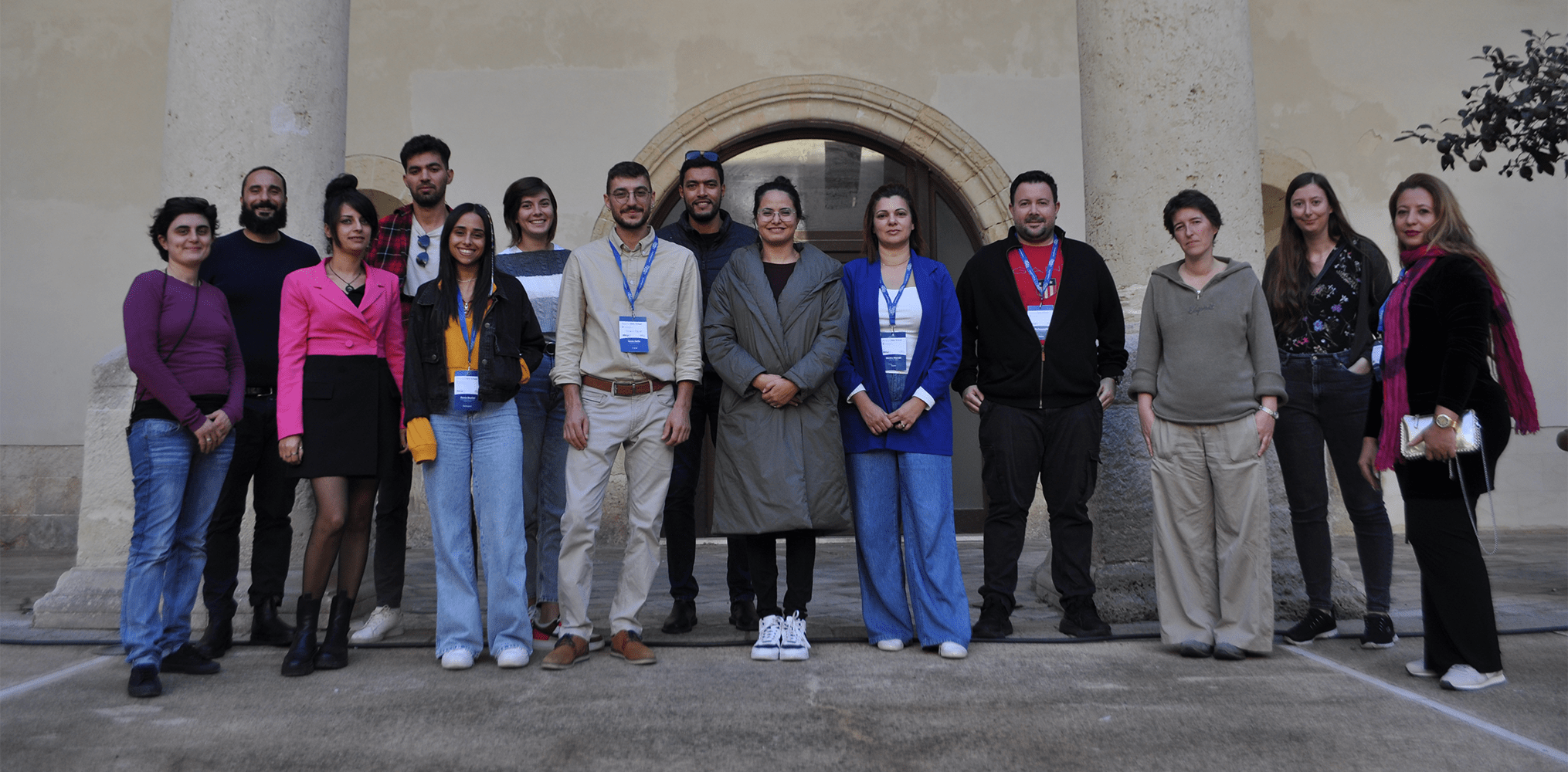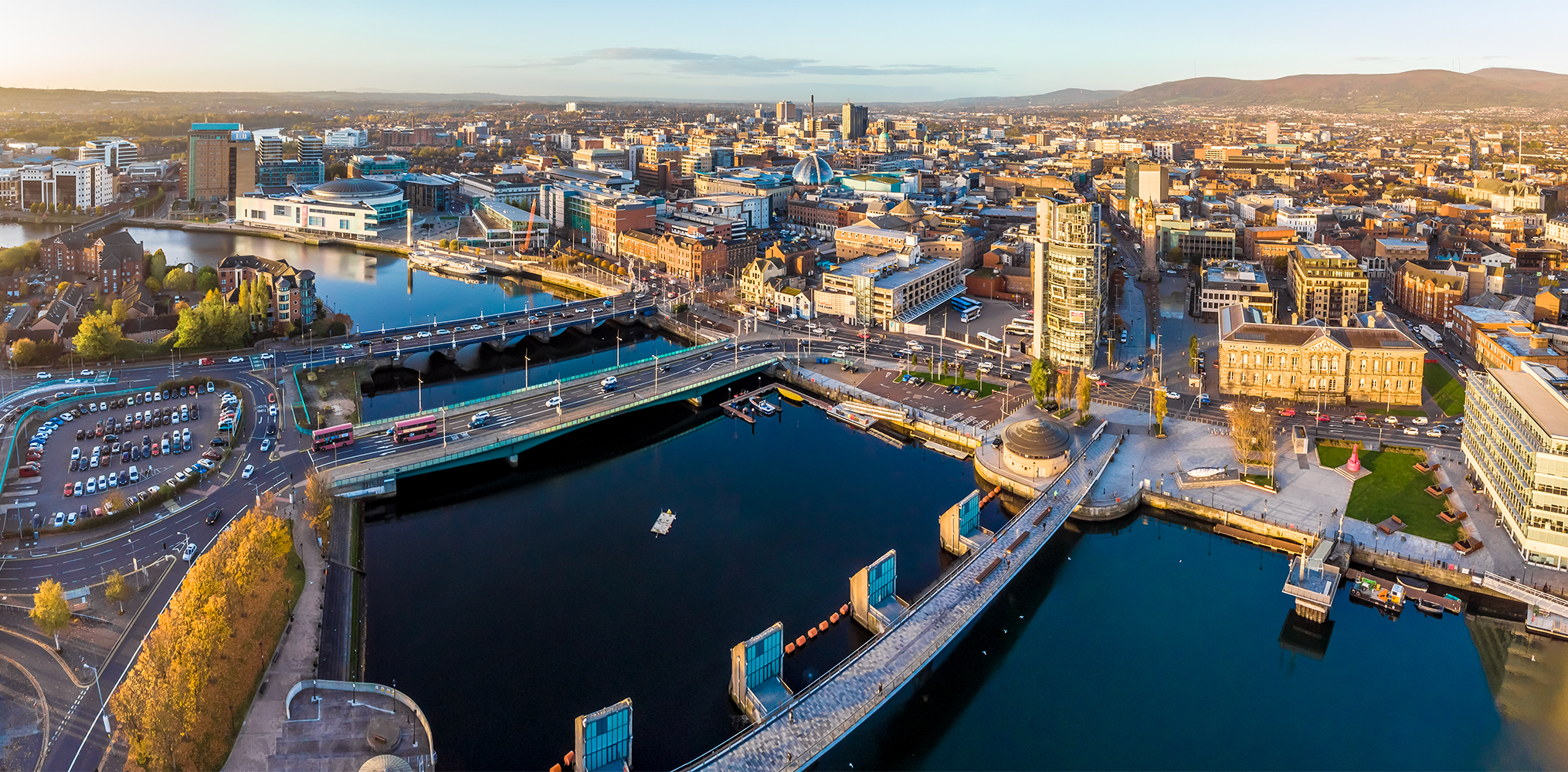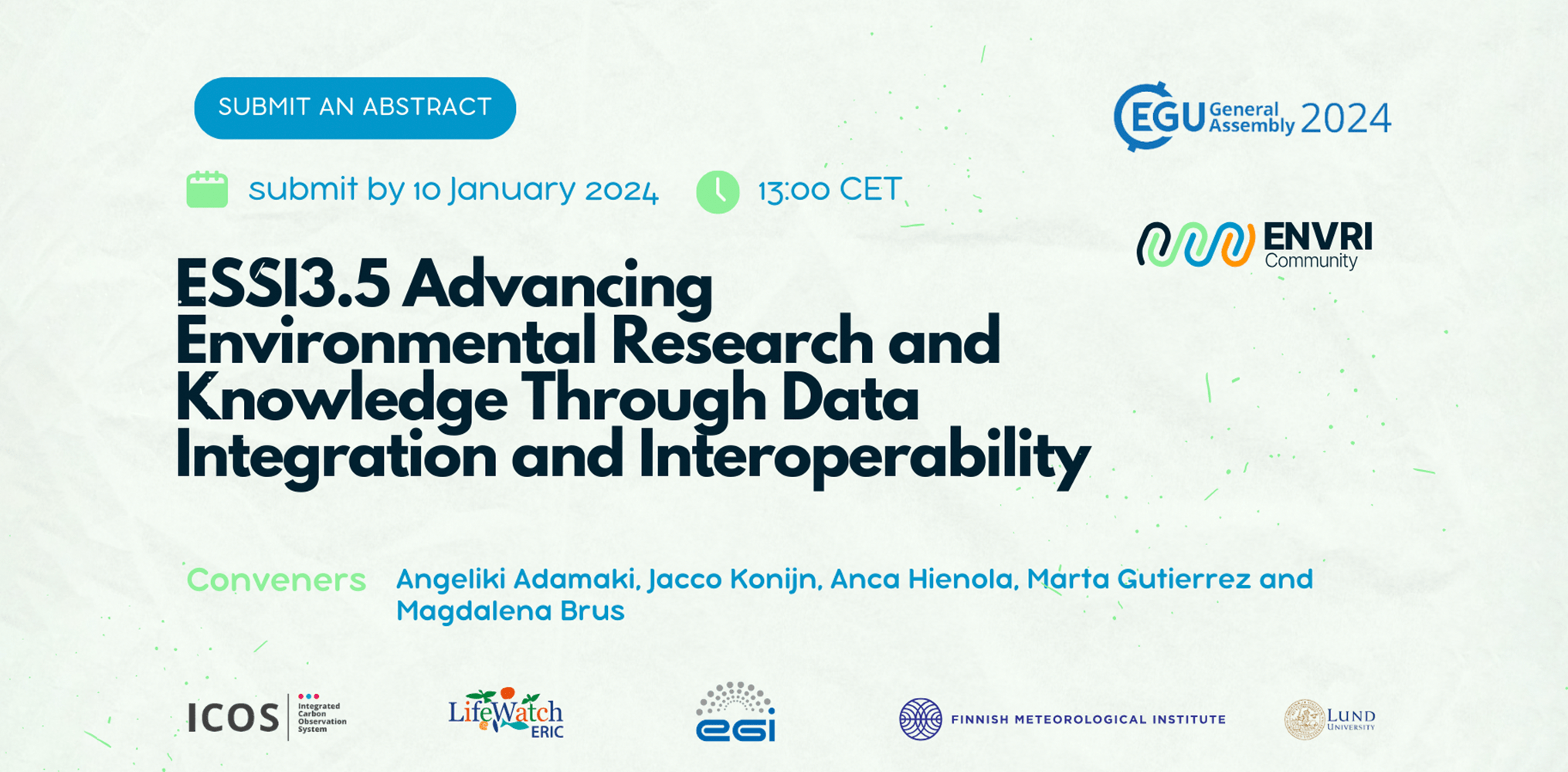LifeWatch ERIC took part in TICAL 2025, the annual conference of the RedCLARA organisation in San José, Costa Rica (November 11–13, 2025), where leaders from digital research infrastructures, academia, and innovation networks from across Latin America and Europe exchange experiences of sustainable collaboration.
Maite Irazábal, Scientific Coordination Support, and Christos Arvanitidis, CEO, contributed with talks and panel discussions to this year’s conference theme “Innovation that Transforms”.
Maite Irazábal presented “FAIR Tools for Assessing the Environmental Impact of Energy Transition Policies”, in the framework of the EU–LAC EnergyTran project. These prototype tools support evidence-based policymaking in the context of the energy transition, by integrating FAIR data and workflow-based analytics from European and Latin American Research Infrastructures (RIs).
The presentation highlighted the importance of data interoperability and open collaboration in addressing sustainability challenges, and the role of infrastructures like LifeWatch ERIC in connecting science with policy.
Christos Arvanitidis offered a broader perspective on the role of RIs in tackling planetary challenges. He highlighted their potential to break barriers and promote innovation and sustainable science. In LifeWatch ERIC, this is made possible thanks to the RI’s multidimensional and multidisciplinary approach, which federates FAIR data, reproducible analytics, and mobilised research communities to accelerate scientific progress and produce synthetic knowledge.
He also presented LifeWatch ERIC’s technological developments such as its Virtual Research Environments (VREs) and Science Knowledge Graphs (SKG), digital ecosystems where researchers can co-develop workflows, access high-performance computing resources, and transform data into actionable insights.
One of the highlights of the conference was the panel on “Research Infrastructures that Transform: Connecting Knowledge and Collaboration between Latin America and Europe,” moderated by Paola Arellano (REUNA Chile). The discussions reiterated the importance of interoperability among research infrastructures and the need for joint work between Latin American and European scientific communities.
Key reflections that emerged from this discussion are that European RIs should open their resources and developments to Latin America to enable collaborative science, and that strengthened EU–LAC international cooperation, political dialogue, mutual understanding, and equitable access to research, could bring better results in science, technology, and innovation.
These interventions reinforced the importance of strategic and sustainable alliances between Europe and Latin America. LifeWatch ERIC and RedCLARA, bound by a Memorandum of Understanding, continue to strengthen cooperation in open science, FAIR data management, and the creation of shared digital tools.
For more information about TICAL, visit https://tical2025.redclara.net/en/programa.
